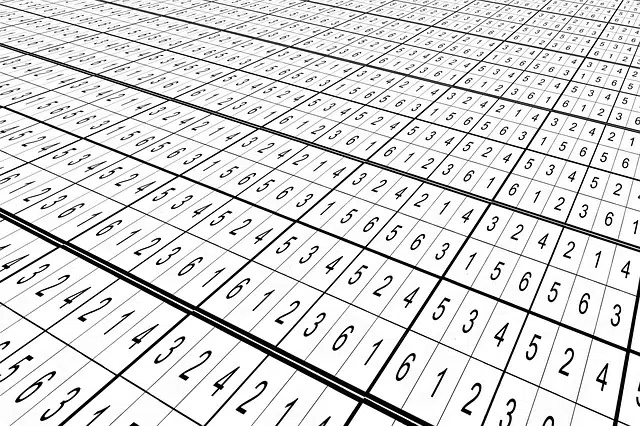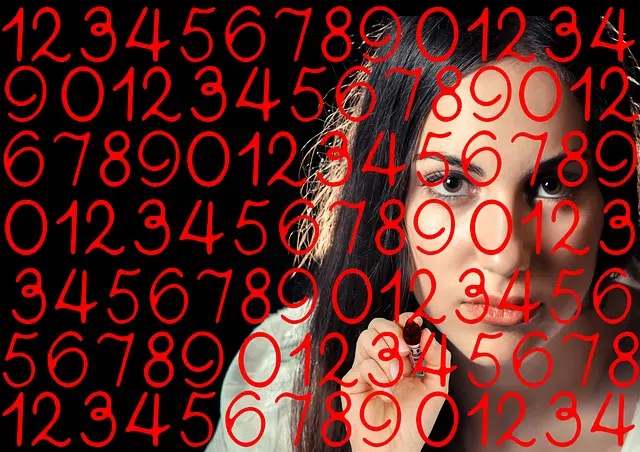
A numerical series is a sequence of numbers.
A series is an ordered succession of elements that are linked to each other. Numerical , on the other hand, is that related to numbers .
With these definitions clear, we can understand what the concept of a numerical series refers to: it is a sequence of numbers . It can be understood, therefore, as an ordered set of numbers.
Infinity in a numerical series
As numbers are infinite , the number of numerical series that can be created is also infinite. Suppose someone wants to detail a numerical series of even numbers: said series will never have an end.
Numerical series, however, are usually limited to certain parameters or instructions. It is common for teachers to ask their students to detail the components of certain numerical series as an exercise .
Some exercises
Thus, a mathematics exercise may ask students to name the components of a numerical series of odd numbers whose smallest number is 3 and its largest number is 9 . This numerical series will be made up of 3, 5, 7 and 9 .
In a similar sense, a number series of 5s that starts at 5 and goes up to 40 will be composed of the following numbers: 5, 10, 15, 20, 25, 30, 35 and 40 .

A numerical series can be infinite.
Ascending numerical series vs. descending numerical series
Numerical series can be ascending or descending . In the examples mentioned above, the series were ascending: they went from the smallest number to the largest. A descending numerical series of positive and even real numbers starting at 12 would be as follows: 12, 10, 8, 6, 4, and 2 .
One of the applications of numerical series is found in IQ tests. In this case, the normal thing is to present a fragment of a given series and ask the person evaluated to determine what the next number in the series should be, choosing one among several options. Depending on the type of exam, in addition to the time limit to complete it, a maximum period of time may be imposed to answer each question, which brings into play the pressure to solve the challenges quickly.
The numerical series is one of the mathematical concepts that can be understood spontaneously by someone without any prior knowledge, although theory becomes necessary in some cases; For example, people outside of this science can intuitively complete a series consisting of numbers that increase constantly, either by adding a certain value or multiplying them together, but if square roots or logarithms come into play, among other complex operations, Only someone specialized or with a natural gift for mathematics can face the challenge and succeed.
Fibonacci contributions
One of the best-known numerical series is the Fibonacci series, which is also known as the Fibonacci sequence . It should be noted that some people consider it incorrect to call it a series, since they distinguish between both concepts, ensuring that a sequence is a set of ordered numbers that follow a certain rule (exactly the same definition of numerical series present in this article) and that series, in Instead, it is the sum of the elements of a sequence. However, this difference is not shared by everyone, and it is common to see both terms as synonyms.
The Fibonacci sequence is an infinite set of natural numbers that begins at 0 and 1 , and is constructed by adding each number to the previous one to result in the next one. For example, the third term is 1 , since it is obtained by adding 1 + 0 , while the fourth is 2 , the result of 1 + 1 . This is the work of a 12th century Italian mathematician named Leonardo of Pisa who used to be called Fibonacci. The applications of this sequence are very broad: they range from game theory to computer science. Its principles can also be seen in nature; for example, in the way the leaves and branches of trees are arranged.
